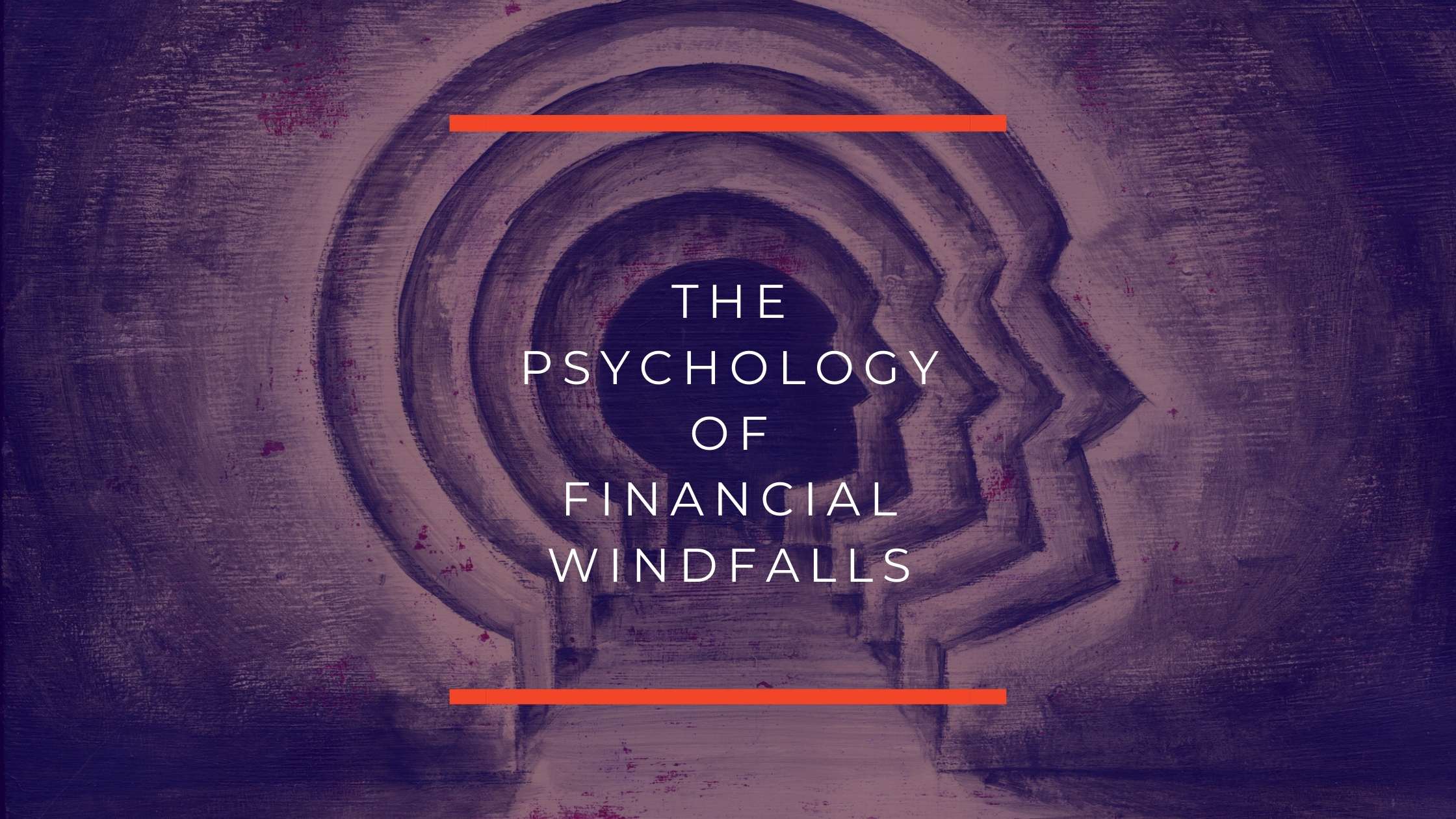The Psychology Behind Financial Windfalls
Financial Windfalls and The Psychology Behind Them
Financial windfalls can come in many forms and can be as small as finding a HK$50 note on the way home from work, a big bonus, to inheriting millions from a relative. While you might be someone who has not yet experienced a windfall of money, it is highly likely that you will, even if it is something like getting a discount or rebate that is more than you expected.
However, the focus shouldn’t be on trying to work out when a financial windfall is likely to happen. Instead, it should be about how you use these financial windfalls. Should you treat yourself? Invest the money to create a better future for yourself? Or do a little bit of both?
What Does Research Tell Us?
Research has been carried out on financial windfalls to determine how people behave when they receive an unexpected large sum of money. Although academic articles are rarely known for their compelling narratives, there’s one piece of research that was conducted 30-years ago by a psychology professor at the Ohio State University, Hal Arkes, that is the exception.
After research by Arkes was carried out through a number of experiments, it was found that many people choose to spend their financial windfall instead of saving it. Some of the studies looked at one group of people being told that they would be given money for taking part in a survey while another group were given the money as a surprise.
Those who had received the money as a surprise, chose to spend it, with most of them spending twice as much as those who knew they were receiving it. There is more to it than this as the findings also showed that those who shopped using coupons would also spend more than when they shopped without coupons. While the amount they spent was relatively small, it was found that they would also spend their financial windfall on items that they would not usually purchase.
So, why would those who received a windfall choose to spend it as opposed to being smarter with it?

The Correlation Between Financial Windfalls And Earned Income
One of the main reasons that people choose to spend their windfall is because the money they received feels like money that is unearned. You only have to look at the way in which we treat the money we earn to grasp this concept. Money that we work for and earn is perceived to be valuable because we have worked hard to earn it. Therefore, if it was spent with no consideration, then this would pretty much feel like a loss.
In contrast, a windfall is unexpected and something that we do not earn even though a HK$50 windfall and HK$50 earnings still have the same spending power. However, the money we receive in a windfall is not considered as “valuable” from a human psychological perspective and is, therefore, not considered as part of our earnings which makes it easier to spend.
The reason behind this has been looked into through further experiments. Undergraduate research participants were sent money that clearly came from the budget of a faculty member and this money was called a tuition rebate for half of the participants. For the other participants, it was called a bonus income. When they were eventually asked what they did with the money, those who had received the money as a bonus spent more of it than those who received a rebate. In fact, the study found that almost 75% of those who received the cash as a rebate spent nothing while just over a third of those who received it as a bonus chose not to spend it.
If you consider what is taking place here, the rebate felt just like income that they had earned because it is owed to them and so, they decide to pocket the money. The bonus money felt more like it was given to them as a windfall and did not feel like money that was owed to them. As a result, it felt as though it was money that wasn’t truly theirs and that made it easier to spend as they wished. So, money that is earned is more likely to be saved while money that is considered a financial windfall is more likely to be spent more freely.
Key Takeaways
What you can take away from this is that money is money, regardless of how you receive it (or perceive it). If you need to make up your savings for a holiday and you receive a small windfall, then it makes sense to use it for that trip. However, if you are struggling to cover other costs on necessary items or services, then you might want to be smarter when using your windfall, regardless of how big or small it might be.
Making sound financial decisions isn’t easy, especially at stressful or uncertain times – like when you are faced with stock market volatility or you come across a large unexpected sum of money.
Research like this shows us time and time again that human beings are hardwired to make bad financial decisions and in fact, a person’s behaviour has far more impact on their investment returns than the make-up of their portfolio.
At Pyrmont Wealth, we follow a life-centred financial planning approach to help you make the most of your life and money. Book a FREE, initial consultation and we’ll answer your questions. No strings attached.
Hal R. Arkes, Cynthia A. Joyner, and Mark V. Pezzo, et al., “The Psychology of Windfall Gains,” Organizational Behavior and Human Decision Processes 59, no. 3 (September 1994): 331-347.

